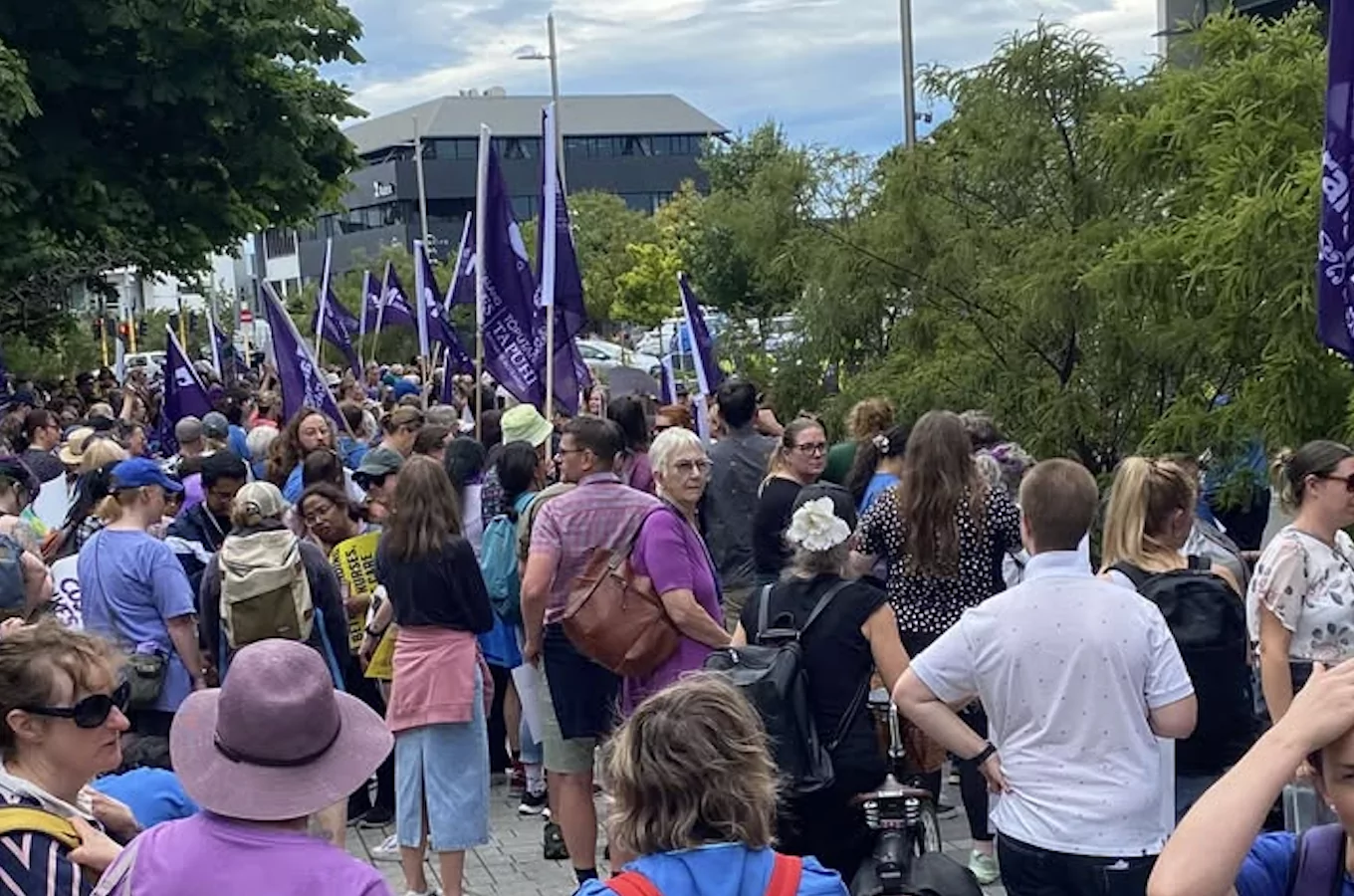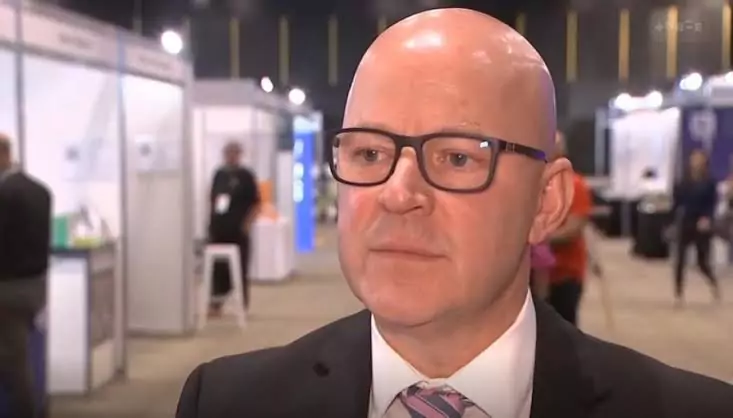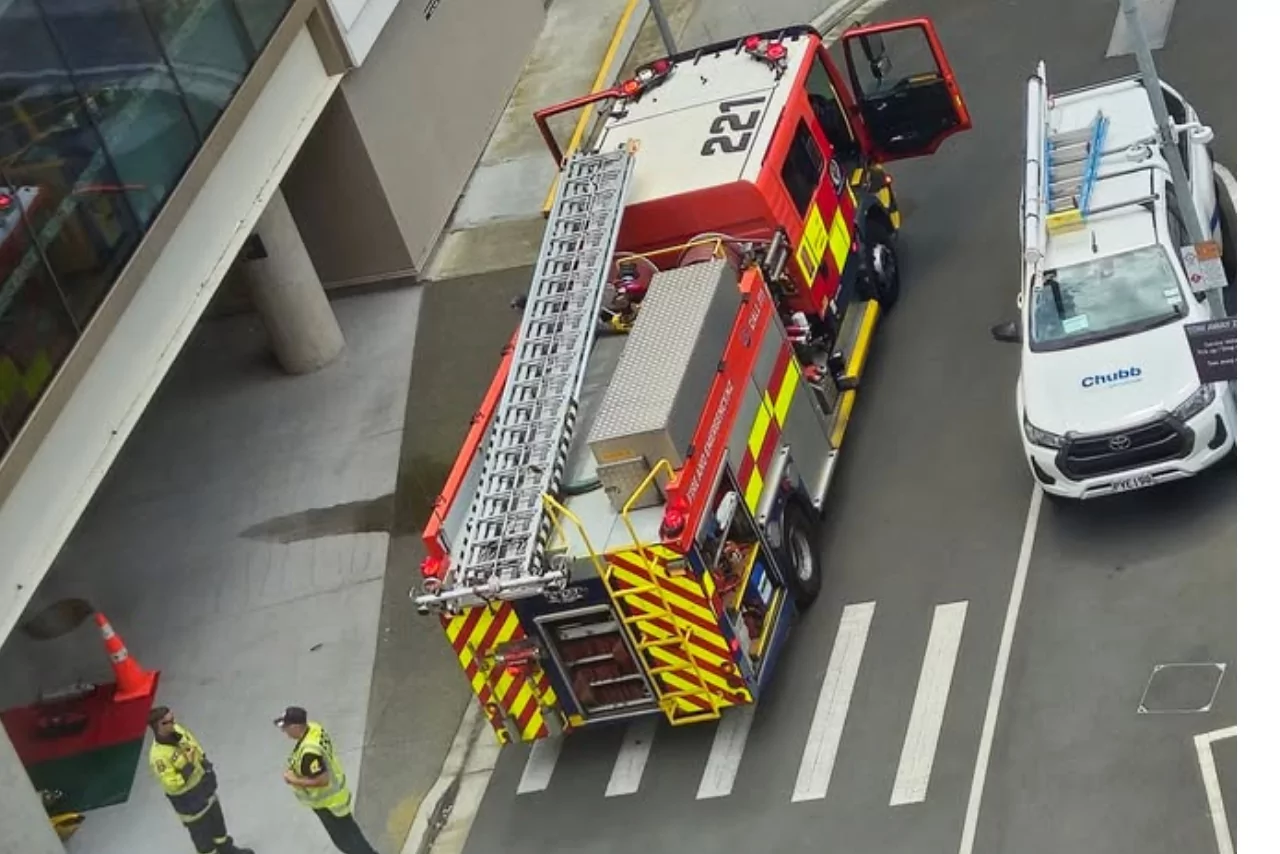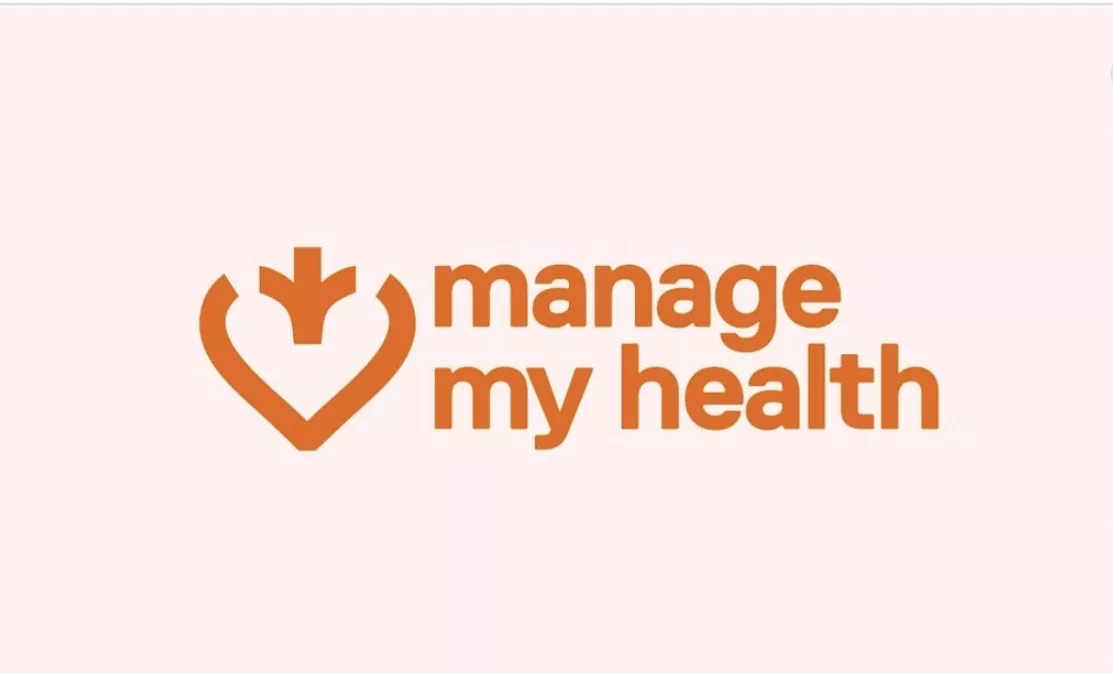Escaped youth tracked by Eagle helicopter, found hiding in New Brighton
The young person who escaped from a youth justice facility in Rolleston has been located...

Health New Zealand says it is “disappointed” the New Zealand Nurses Organisation (NZNO) is proceeding with a nationwide strike on Wednesday, warning it will disrupt thousands of planned healthcare appointments.
A spokesperson for Health NZ said, “We value the hard work and dedication of our nursing staff and we are disappointed that the New Zealand Nurses Organisation (NZNO) is taking strike action when there is a fair offer on the table.”
“We are concerned about the impact strike action will have on patients who are waiting for planned care.”
The 24-hour strike, set to begin at 9am, is expected to result in the postponement of 4,300 planned procedures and specialist appointments.
While emergency departments will remain open, most clinics will be closed and planned care appointments rescheduled.
Health NZ said, “We sincerely thank the nurses who will be delivering life preserving services and all the volunteers who will be supporting our clinical services during the strike period.”
The agency also responded to concerns raised by the union over staffing levels, saying, “While we are aware of NZNO’s commentary in recent weeks we would like to reassure New Zealanders that Health NZ is completely committed to safe staffing.”
“For us safe staffing in a busy hospital environment includes the skills mix of the staff, the way care is provided, strong clinical judgement, flexibility and thoughtful decision making from our experienced leaders on the frontline. We take responsibility for operational and patient safety decisions seriously as we are accountable for the safety of patients who access our services.”
Health NZ said it remains committed to working with the union “on our approach to ensuring high quality health outcomes for patients and a good working environment for our nurses, midwives and health care assistants.”
The agency defended the pay offer on the table, saying, “We believe the offer we have made to the union is a fair one given our current financial constraints.”
They said the rejected offer would have seen “a new graduate nurse on $75,773 gain a total pay increase of $8,337 (or 11%) by the end of June 2026 once step progression is included. A registered nurse on the highest step with a base salary of $106,739 would see their pay increase by $3,224 to $109,963 by the end of June 2026.”
“The average salary for both senior and registered nurses, including overtime, PDRP allowance, and penal rates, is $125,662.”
Health NZ said it had agreed with NZNO on life preserving services during the strike period, and that hospitals and emergency departments would remain open.
“All patients impacted by the strike will be contacted directly by hospital staff. Any appointments that are deferred due to the strike will be rescheduled for the next available opportunity.”
Their advice to the public is that emergency departments will remain open for acute care, hospital patients will receive safe care, and people with non-urgent issues should contact their GP or Healthline on 0800 611 116.
NZNO says Heath NZ has failed to address safe staffing concerns
New Zealand Nurses Organisation Chief Executive Paul Goulter said more than 36,000 nurses, midwives, and health care assistants employed by Health New Zealand would strike over the agency’s failure to address safe staffing concerns.
“Concerns about chronic and ongoing staff shortages have been raised continually throughout the collective agreement bargaining process, which began last September,” Goulter said.
“Short staffing not only puts patients at risk, it also limits the number of procedures and assessments hospitals can carry out, adding to already unacceptable wait times.
“Nurses, midwives, and health care assistants want to provide patients with the care they need, when they need it. Instead, they are stretched too thin, and their patients are left waiting. This results in avoidable pain and discomfort, and heartbreak for friends and families forced to watch their loved ones suffer.”
Goulter said the situation had become so dire in some areas that, at Christchurch Hospital, family members were recently asked to assist with basic care due to a shortage of health care assistants.
Christchurch nurse Debbie Handisides said “We, the nurses are striking not because we want to but have to. For far too long, we’ve been working under conditions that are not only unsustainable for us but unsafe for the people we care for the public. Many of us are experiencing burnout, stress, and fatigue. We’re being asked to do more with less, fewer staff with rising patient numbers.
“This is not just about feeling tired, it’s about being pushed past the point where we can safely do our jobs. staffing shortages are putting patients’ safety at risk. When there aren’t enough nurses, care is delayed mistakes happen and lives are put in danger this is not a standard of care we trained for.
“We know strikes are disruptive. But we also know that silence is more dangerous. We’re standing up now so that nurses can stay in the profession and so patients can get the care they deserve. This is about protecting public healthcare.”


